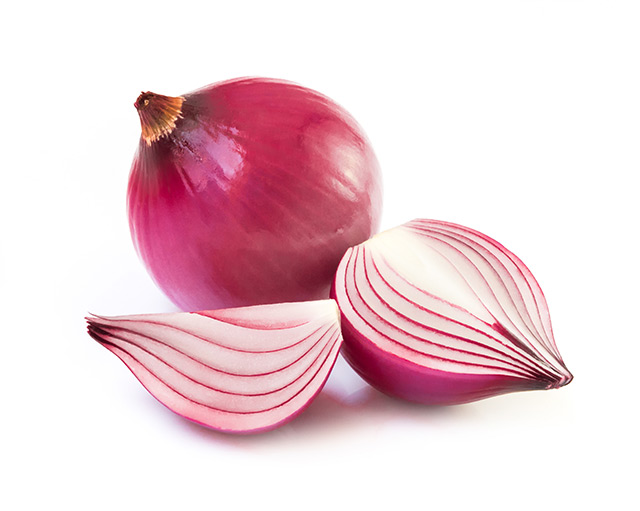The new rules of weight loss
10/29/2015 / By Michael Bundrant

The ever-growing obsession with beauty and weight loss has seeded the growth of some very extreme ways to get thin.
There’s the diet pill, fad diets, the cleanses and my personal favorite, (if only out of sheer bewilderment) the waist trainers that women are using, which are basically corsets that rearrange your internal organs to give you that ”hour glass” figure. With all the “get skinny quick” schemes out there, it’s easy to lose sight of what is really important, which is health.
According to the Centers for Disease Control and Prevention, almost 69% of Americans are either over-weight or obese. Type 2 diabetes, heart disease, stroke, breast, colon and prostate cancer are all becoming increasingly more prevalent with the nation’s increasing weight problem, as reported by ExperienceLife.com.
If we completely rethink how we are approaching the issue, change will be inevitable. There will not be an easy way out, especially considering the ways people are getting thin now. Low-fat, low-carb and “diet” foods and drinks should be the first things to go, as they inhibit a speedy metabolism, and undermine energy levels. Fixations on clothing size and physical appearance should also be put on the back-burner.
The “old rule” is to count calories. The “new rule” should be UPGRADE your calories.
“Simply putting your focus on eating fewer calories than you burn is a losing strategy, because this oversimplified numerical approach treats all calories as equal — which they are not,” said David Ludwig, MD, PhD, a Harvard Medical School professor and internationally respected obesity researcher.
As further reported by ExperienceLife.com:
It’s not so much the quantity of calories we eat that drives weight gain and loss, he asserts, but rather the nature and quality of those calories.
Why? Because our bodies require a consistent balance of healthy macro-nutrients (protein, fat, and carbohydrates), as well as micronutrients (vitamins, minerals, antioxidants, phytochemicals), plus adequate phytonutrients, enzymes, fiber, water, and so on in order to function optimally. …
To make the most of the calories you ingest, emphasize foods with a low GL and high PI, including vegetables, fruits, beans, nuts, seeds, olive oil, whole-kernel grains, teas, herbs, and spices. Say no to diet plans that emphasize caloric quantity over nutrient quality.
Another “old rule” that we need to let go of: To lose weight, we must diet. The “new rule”: To lose weight, nourish your body.
Calorie-restricted diets can put your body into the fat-conserving “starvation” mode, in which your body is in shock from the extreme diet change, so it holds on to all the fat, making it impossible to lose weight.
ExperienceLife.com wrote:
“Your body thinks it’s starving to death,” explains [Mark] Hyman[, MD]. As a result, it not only cuts back on the energy you need to be active and alert, it also “sets off chemical processes inside you that trigger cravings and compel you to eat more.”
Overall, most experts agree, dieting sets us up to have an unhealthy relationship with food that can turn weight management into a miserable, lifelong struggle.
Source:
Tagged Under: calories, chronic disease, diabetes, dieting, metabolism, nutrition, weight loss




















